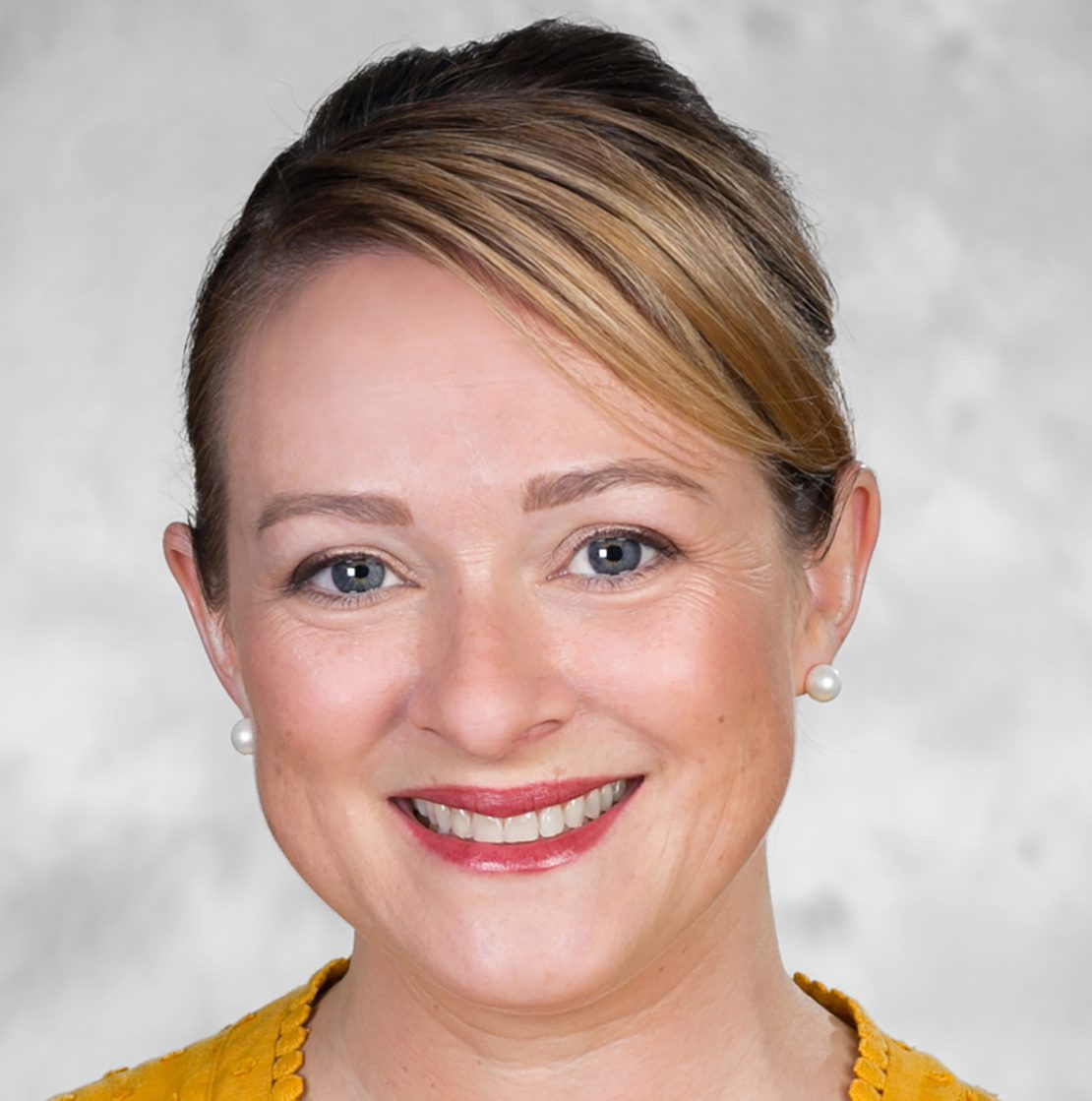News
Meet the Trainer: Odessa Holt, MSW, MPH, LICSW

Odessa Holt is a public health social work professional and a graduate of the Boston University Schools of Social Work and Public Health. She has over 20 years of experience working in healthcare as a medical social worker, trainer, clinical supervisor, and manager. Most recently, Ms. Holt worked as a manager for the Massachusetts COVID Community Tracing Collaborative, where she witnessed incredible resilience in the workplace and gained valuable experience in change management and pandemic response.
The Network spoke with her about her path toward becoming a trainer and advice she has for fellow social workers.
Could you share how you got into this field? Why do you do the work that you do?
I have an endless curiosity about the human condition, and through social work I have been honored to witness incredible strength and resilience .That is what drives me. I’ve always had an interest in the intersection between physical health and mental health. I’ve been in this field for 20 years or so and I see more and more–especially since COVID–how mental health impacts people’s physical health and experience. There are so many places and different ways to intervene and provide support.
I also have a passion for caring for the caregivers. In my roles at Rhode Island Hospital and Hasbro Children’s Hospital, I facilitated a processing group with oncology residents to review challenging cases and process the emotions associated with their work. I’ve also chaired Schwartz Rounds, which are multidisciplinary care rounds at hospitals where staff share stories about patient care. It’s about getting at the feelings and processing the work of health care, and it is very powerful. Most of my career has been in hospitals as a social worker, supervisor, and manager, among other things.
You mentioned organizing and facilitating trainings. How did that specialization develop?
I did a lot of large-scale virtual trainings over the last couple of years while working for the Massachusetts COVID Community Tracing Collaborative. My first training for that team was about what people could use in their house to clean with and how they could make a mask when there were no supplies at the beginning of the pandemic. It included a component on thinking about health equity and different cultural expectations around cleanliness. I went on to do a lot of training for our huge workforce on supporting households impacted by COVID with a focus on health equity and social justice. I really enjoyed that part of it more than I thought I would.
What are some valuable takeaways that you gained from the Train-the-Trainer certificate?
One of the things that was so incredibly helpful was learning f the vocabulary around teaching. I’ve been a student many times, but I hadn’t really thought through the difference between adult learners and child learners and responding to different learning styles. I thought that was really interesting and helpful. I also really liked the exercises that were included. I thought they were a great way to synthesize what we had just been learning about in the training.
What do you feel are the benefits of participating in the Trainer’s Hub community?
Everywhere I look, there is such a need for people in mental health training and leadership. We are fortunate to have so many new social work and mental health graduates joining the workforce at this time when it’s desperately needed, and training can be a heavy lift for an organization. I hope people take advantage of the Trainers Hub, because I think it’ll be very impactful.
Things are changing very rapidly in mental health and social work right now. I think there’s way more awareness of how stress and isolation have had a big effect on everyone in the world. I think that there’s more of a need than ever to be using evidence-based interventions to approach a problem or a new situation and feel confident going into it.
Could you share more about your upcoming webinar and about the need for this sort of training?
The webinar is titled Medical Social Work: Integrating Psychotherapy Into Very Brief Interactions. It’s targeted to social workers at all levels of experience, and uses case studies to show how models of psychotherapy can be adapted for the short interactions hospital social workers have at the bedside. We are often seeing people on the hardest day of their lives, and psychotherapy gives us tools to alleviate suffering and make meaning of challenges. I’m looking forward to it!
Do you have any advice for someone considering becoming a trainer in the field?
A lot of social workers, myself included, experience imposter syndrome. When I’ve encouraged other colleagues to get into leadership or training roles a lot of people say, “Oh, but I’m not an expert in anything.” We tend to downplay our amazing skills. The individual experiences that we’ve had in the field are relatable and can help other clinicians reflect on and hone their own practice and process. Social workers love hearing about each other’s work because it normalizes our experiences in the field. It helps us feel like we’re part of a community. Social work is such a broad field. I think everyone has something that they can contribute.